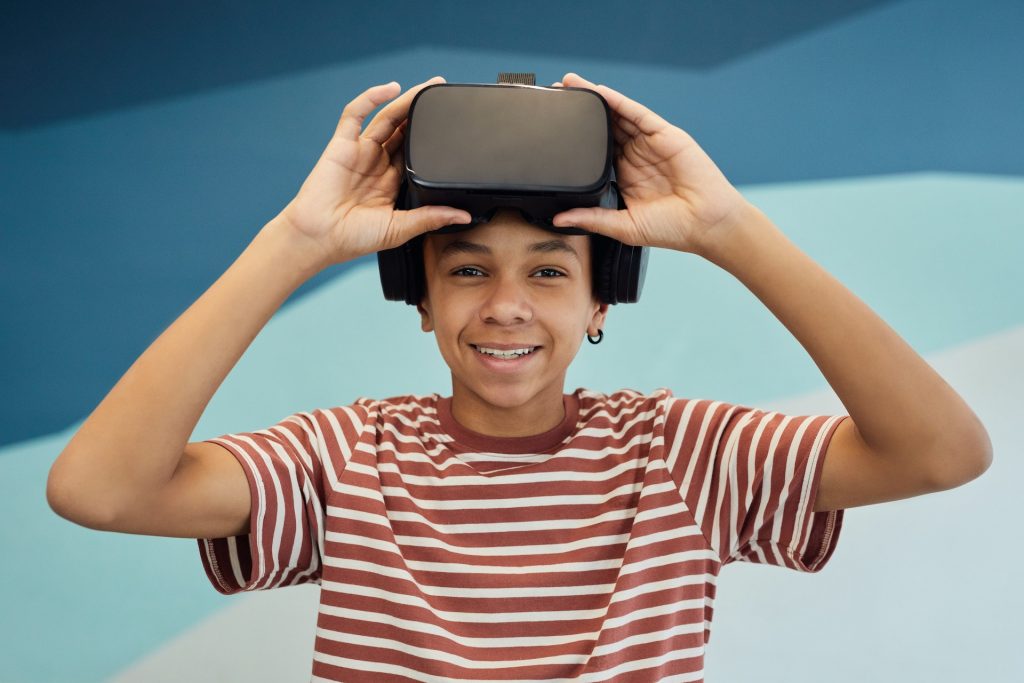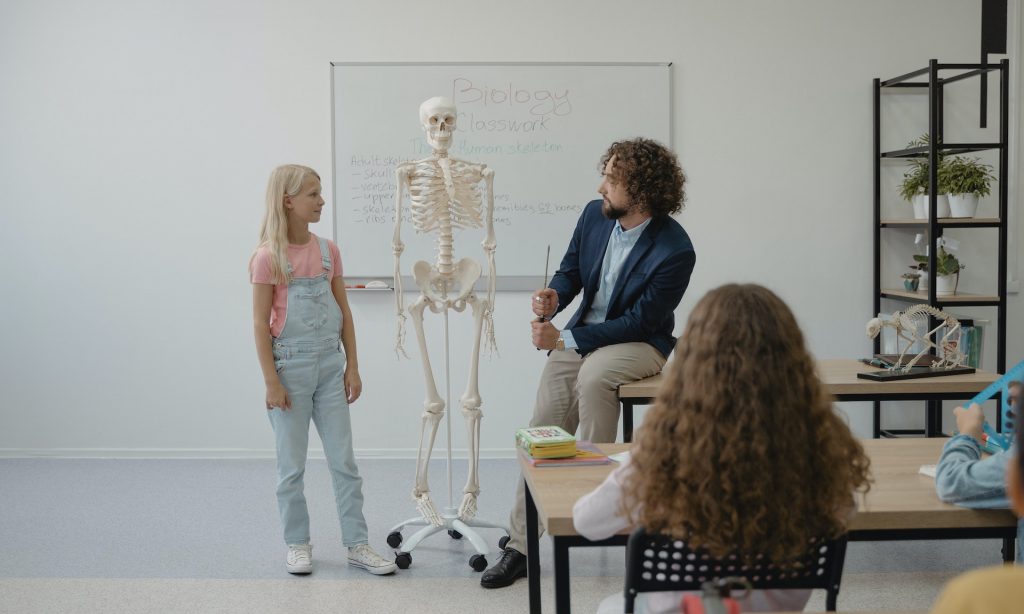Teaching Generation Alpha requires a mind shift from teachers and parents. What do we need to consider?
In 2022, we will be welcoming the first members of Generation Alpha into high school. Watching them at Orientation Day, they look pretty much the same as kids have always looked: A bit nervous, trying to fit in, some a bit cocky and some want to test the boundaries. You know, normal kids!
That said, they have been identified by researchers as a new generation. So, who are they, and what do we know about them? Most importantly, what do we need to think about as we parent and educate them?
Who is Gen Alpha?
Generation Alpha includes those born between 2010 and 2024. They follow the Millennials and are otherwise known as Generation Glass, after the glass screens of the devices they have grown up with. They are also known as Upagers, Multi-modals, Global Gen, and Gen A.
They are the first generation who likely had a digital footprint before they could even walk. This familiarity with technology and its firm place in their psyche will no doubt have a profound impact on the way they view and interact with the world. What else can we expect?
1. They come from diverse homes
With mass migration around the world, Generation Alpha are more likely to come from overseas or interstate than in the past. That means their classrooms should be more culturally diverse and interesting. If they are well guided, this means children will be more inclusive and colour blind.
The traditional family unit has also evolved. A typical family may look quite different to the families of the past. Social changes such as high inclusion of women in the workforce, greater rates of divorce and the Marriage Equality Act mean our kids will not be as influenced by the stereotypes of the past.
2. They will be wealthier
With fewer children in a family and two parents working, it is likely that many kids will be raised in comparative wealth. Marketers recognise that with pocket money and pester power Generation Alpha has considerable impact on the economy already. It will be interesting to see how long they will live at home with the parents who provide for them so well.
3. They will be well educated
Generation Alpha will be well educated but not necessarily in the conventional sense. They have had information, and the means to find it, at their fingertips for their whole lives. So, they are likely to research quite specific information on the areas that interest them.
This generation is quite used to tailoring their own learning experiences, so the traditional ‘chalk and talk’ at the front of the room will probably not hold their attention. We will need to find ways to individualise their learning experiences.
4. Qualifications will change
Research tells us that by 2030, one in every two alphas will receive university qualifications. The nature of these qualifications may alter, however. Micro competencies are already becoming more popular. They are the short courses teaching very specific skill sets and knowledge. A first aid course is a good example of a micro competency that currently exists. It is likely many more of these will evolve.
5. They will blur boundaries
Generation Alphas are the first true digital natives. As a result, they are likely to communicate and socialise quite differently from past generations. This generation is not likely to see the world in terms of online and offline. The two will be quite fluid. For this reason, digital citizenship will need to be taught differently.
Today, we deliver rules and guidelines about communicating online as a section of Information Technology classes. In the future, we will need to simply integrate online activity into the way we teach kids to communicate generally.
From a young age, we need to be talking to this generation about respect, privacy, empathy, and manners in all contexts.
6. They know about wellbeing and mental health
The wellbeing movement and our raised awareness of mental health will hopefully have a positive impact on Generation Alpha.
It is also likely that they will expect the wellbeing focus they have experienced at school to follow them into the workforce. If it is not there, they will demand it which would be a good result for employees of all generations.
7. They have already lived through a global crisis
When you are 12 or younger, two years is a long time. Depending on where they live in the world, this generation has spent a very large percentage of their life living with COVID-19. What will that mean for them? In the best-case scenario, they are more resilient and empathetic. I guess we will see.
Final thought…
Although Generation Alpha is a formal demographic, they are individuals, and it is their families and teachers, and the significant adults in their lives who will truly guide them in their formation. That is our challenge and our very great privilege.
Why not follow Linda’s blog? You’ll receive useful information to help support your kids as they navigate their school years.
Visit Linda’s Facebook page here









